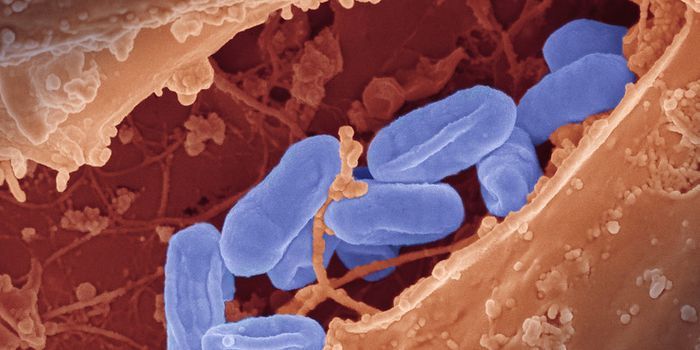T-Cell Signature Distinguishes COVID-19 Immunity from Other Respiratory Infections
COVID-19 is a highly studied disease. It’s caused the most significant influx of research papers in a single year— 530,000 published since the beginning of the pandemic. Aside from studying COVID-19’s spread and prevention methods, scientists have also been trying to untangle the mysteries of the body’s specific immune response to this disease.
COVID-19, also known as SARS-CoV-2, is a respiratory illness, and are many similarities between the symptoms of COVID-19 and other respiratory diseases, like influenza and reparatory syncytial virus (RSV). Because of this, a new study published in Science Advances set out to determine the differences in the immune responses due to COVID-19 and other common respiratory illnesses.
There are two main parts of the immune system: the innate immune system and the adaptive immune system. The innate immune system is more generalized, while the adaptive immune system is specialized. Both of these immune responses to COVID-19 have been well-studied and profiled. Earlier research on the innate immune response found that type I and type II interferon responses were decreased in the presence of COVID-19, but interleukin-6 and chemokines were elevated; this was unique to COVID-19.
Researchers wanted to find more differences in the immune responses between COVID-19 and other respiratory diseases, so they turned to T-cells. They targeted regulatory T-cells, which are essential for preventing autoimmunity and decreasing the chance that an inflammatory disease will become chronic. So researchers took a comprehensive look at the immune systems of patients infected with COVID-19, healthy patients, and patients with similar respiratory illnesses.
By studying patients with the most severe cases of COVID-19, researchers were able to identify an increase in the frequency of regulatory T-cells in circulation in the body. This was correlated with protection from high viral loads of COVID-19, implying that regulatory T-cells could also play a role in limiting the disease. This study was exclusively focused on the peripheral blood immune response and not tissue-specific responses, so these findings may also be limited to the peripheral immune system. It is also noted that the comparative sample sizes between COVID-19 patients and influenza/RSV were small, so future studies should also pull data from a larger group of patients.
The research presented in this paper is helpful for further clinical studies. Since COVID-19 has many similarities to respiratory illnesses, like severe influenza or RSV, treatments for COVID-19 could potentially assist in treating these illnesses. On top of that, targeting regulatory T-cells in the respiratory tract is another avenue for future therapeutics.
Sources: Science Advances, Cell Press








